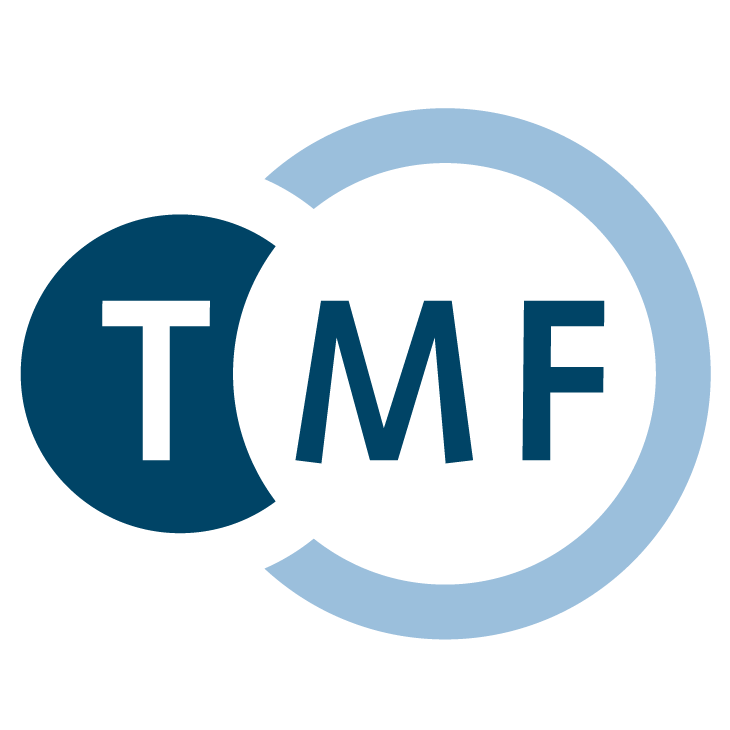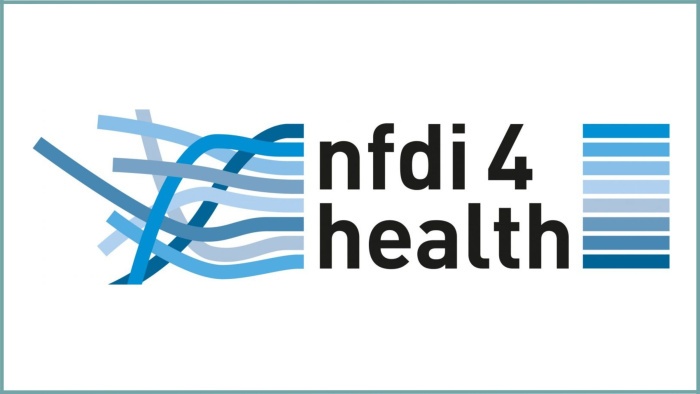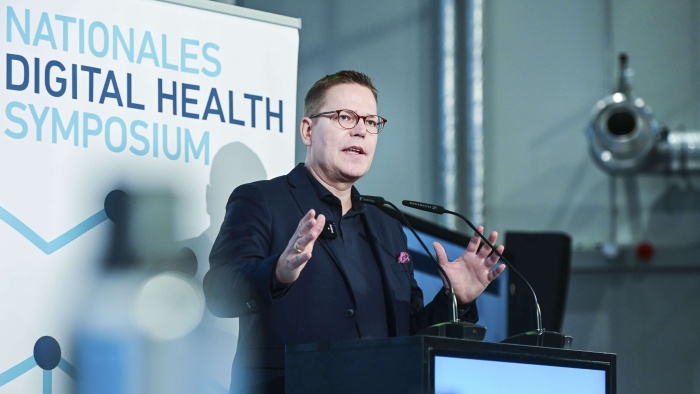Ensuring Added Value of Digital Data for Care and Research - Policy Must Act Now

© Bakhtiar Zein/Shutterstock.com
On the occasion of today's Cabinet decision on the Digital Healthcare Act (DVG), the German Association of University Medicine and the Technology and Methods Platform for Networked Medical Research (TMF) call for stronger consideration of research interests in the digitization of healthcare. The German Association of University Medicine, which consists of the Association of University Hospitals (VUD) and the Association of Medical Faculties (MFT), along with the TMF, view the draft law of the DVG as an interim step. A data protection-compliant proposal for the electronic health record (EHR), which also takes research into account, is still lacking. A regulation must be made promptly. The German Association of University Medicine and the TMF outline the challenges and solutions for research data use in Germany in a policy paper.
The federal government's high-tech strategy envisages that the electronic health record (EHR) will be research-compatible by 2025. This would make the information contained in the systems accessible for research purposes. To achieve this, the research perspective must be closely involved at all decision-making levels and in all stages of development, including at gematik. The involvement in the gematik advisory board envisioned in the draft law is insufficient. In addition, the preparatory work of the Medizininformatik-Initiative (medical informatics initiative) of the Federal Ministry of Education and Research (BMBF), supported by university medicine, must be utilized.
The electronic health record has the potential to become the core of digital healthcare. To best utilize the information contained in the EHR for care and research, the data must be structured and consistently interoperable. This requires the application of uniform, internationally recognized, and proven standards involving the long-standing expertise of standardization organizations and professional societies.
"When it comes to digitizing data and supporting patient care with IT, there is a lot of catching up to do. We urgently need more incentives for digital data management in hospitals. Substantial investments in IT are also required, for which there is currently no money available. The flat-rate payment system does not cover investment costs, and appropriate funding pots are lacking or not open to university hospitals. It would, therefore, be necessary to at least open the Hospital Structural Fund to university hospitals," says VUD Secretary-General Ralf Heyder.
Dr. Frank Wissing, Secretary-General of the MFT, adds: "For the digitization process, there must be increased exchange and coordination between the Medizininformatik-Initiative, gematik, the Federal Ministry of Health, and the BMBF overall."
"The opportunities for making healthcare data available for research are enormous. The beneficiaries will be the patients and the research and economic location of Germany as a whole. To seize these opportunities, a uniform and trustworthy legal framework is required," says Sebastian C. Semler, Managing Director of the TMF.
Press Contact
German Association of University Medicine
Sebastian Draeger
Alt-Moabit 96, 10559 Berlin
Phone: +49 (0) 30 3940517-19
Fax: +49 (0) 30 3940517-17
E-mail: draeger@uniklinika.de
TMF e.V.
Stefan Rabe
Charlottenstraße 42, 10117 Berlin
Phone: +49 (0)30 22 00 24 723
Mobile: +49 (0)173 6141663
E-mail: presse@tmf-ev.de
About the German Association of University Medicine
The Association of University Hospitals of Germany (VUD) and the Association of Medical Faculties (MFT) represent the interests of the 34 university hospitals and 38 medical faculties in Germany. Their joint umbrella organization is the German Association of University Medicine. Together, the associations stand for top medicine, first-class research, and internationally recognized medical education and physician training.
Further Information

About the TMF
The TMF - Technology and Methods Platform for Networked Medical Research e. V. (TMF for short) is currently the umbrella organization for medical collaborative research in Germany, with 64 members and 100 locations nationwide. It serves as a platform for interdisciplinary exchange and cross-project and cross-location collaboration with the aim of identifying and solving organizational, legal, ethical, and technological problems in modern medical research. The TMF, which is recognized as a non-profit organization, makes these solutions available free of charge and to the public. By establishing sustainable infrastructures for medical research, the TMF contributes to strengthening Germany's position as a center of science in European and international competition.


